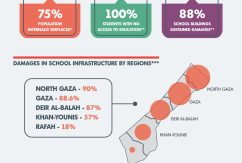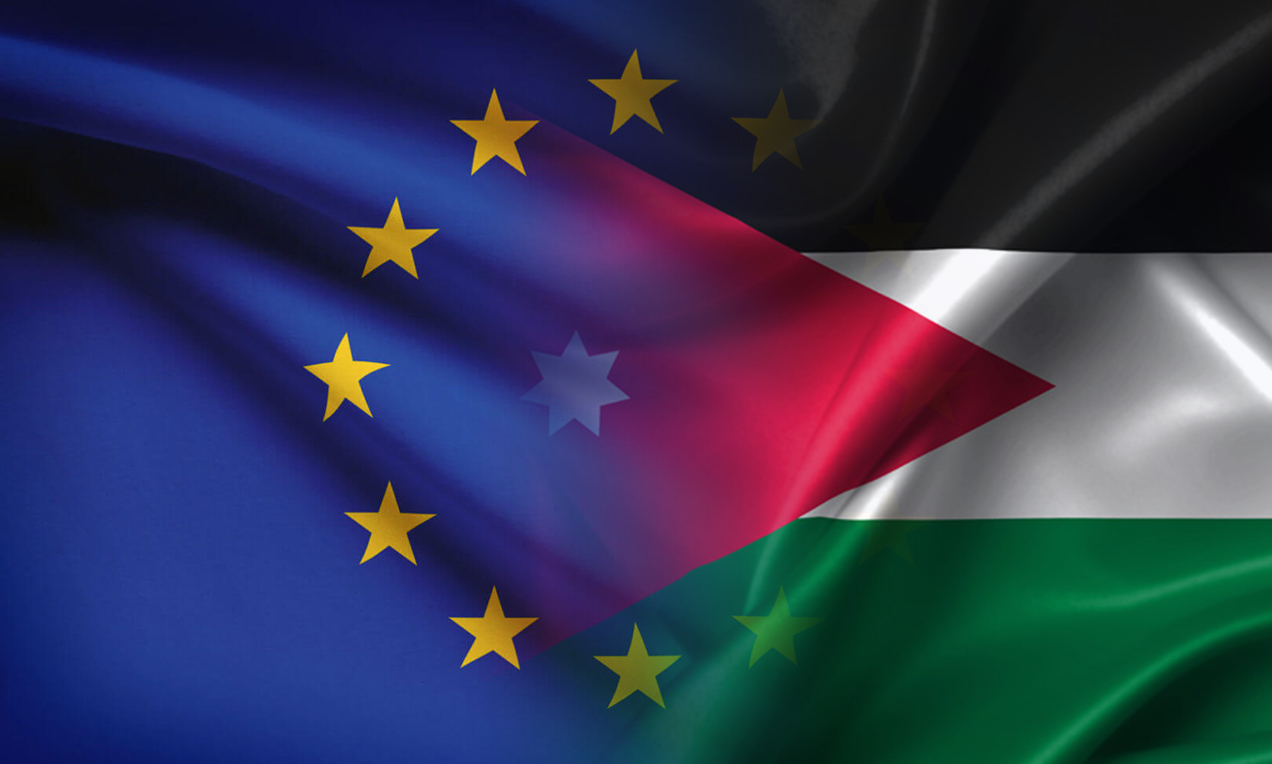Fight against terrorism: EU strengthens its legal arsenal against ISIL/Da’esh and Al-Qaida

The EU adopted today a legal framework which, for the first time, will allow the EU to apply sanctions autonomously to ISIL/Da’esh and Al-Qaida and persons and entities associated or supporting them. Until now sanctions could only be applied to persons and entities listed by the United Nations or by EU member states acting individually.
The EU will be able to impose a travel ban on individuals and an asset freeze on individuals and entities that are identified as being associated with ISIL (Da’esh)/ Al-Qaida. This means that all their assets in the EU will be frozen and that EU persons and entities will also be prohibited from making any funds available to listed persons or entities.
The individuals and entities targeted include those who have participated in the planning or perpetrating of terrorist attacks or have provided ISIL (Da’esh)/ Al-Qaida with financing, oil or arms, or have received terrorist training from them. Persons or entities could also be listed for activities such as recruiting; inciting or publicly provoking acts and activities in support of these organisations, or being involved in serious abuses of human rights outside the EU, including abduction, rape, sexual violence, forced marriage and enslavement of persons.
The EU will also be able to impose restrictive measures on individuals travelling or seeking to travel both outside the EU, and into the EU, with the aim of supporting, ISIL (Da’esh)/Al-Qaida or receiving training from them. (EU Neighbourhood Info)
Read more
EU Neighbourhood Info Centre – Mogherini attends meeting of the Global Coalition to counter Da’esh in Washington DC (25-07-2016)
EU Global Strategy website
EEAS – Fight against terrorism
Thematics
Human Rights
Newsletter
Subscribe to receive our latest updates
News alerts
Personalise your news alerts subscription
© This project is funded by the European Union, 2024




































